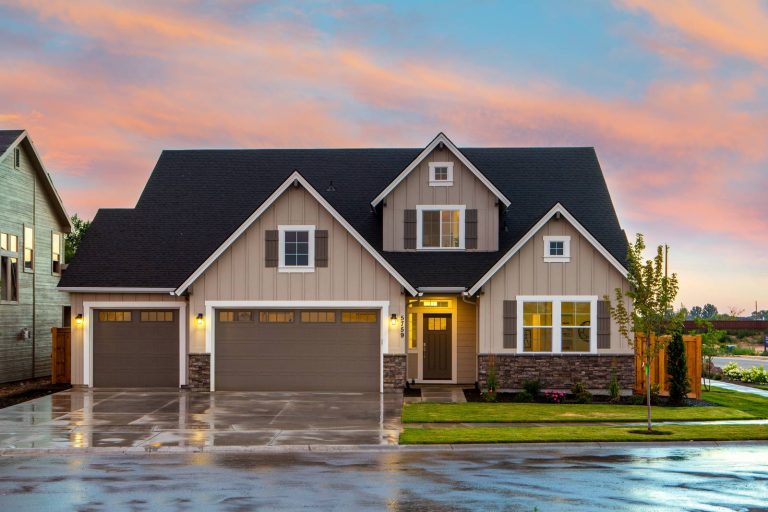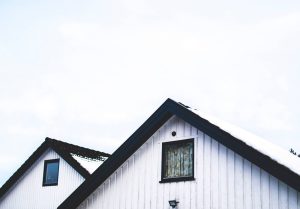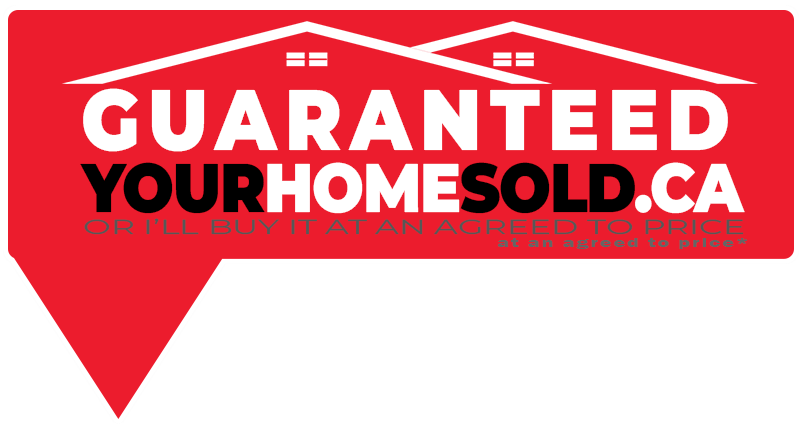Introduction
Buying a home in Toronto can be an exhilarating and complicated process. With such a high cost of living and a variety of different neighborhood offerings, there are plenty of considerations that can go into the right home buying decision. For those on a budget, it can be even more daunting. Fortunately, there are steps you can take to make sure you get the most out of your money when building your Toronto home buying budget.
Set Your Budget
The first step in homebuying is to establish your budget. Before you even start looking at houses, you should determine exactly how much you can afford to spend. Take into account all of your income sources and current liabilities in order to make sure you do not overextend yourself. You should also be sure to build an emergency fund and save for the closing costs and moving expenses associated with home buying. Once you have set your budget, you can begin to narrow down the homes in Toronto that are within your price range.
Research Different Areas
Next, research the different neighborhoods that may fit your budget. Toronto boasts plentiful diversity, with neighborhoods that range from downtown to suburbs. Read up on the different areas and consider the pros and cons of each. Make sure to also research the trends in the particular area and whether or not it will be a wise investment for the future.
Look for Incentives
You should also do your research on any incentives that may be available to homebuyers based on income and other qualifications. Different cities and states offer various incentives to certain buyers, so be sure to look into whether or not you fall under any of these criteria. Additionally, you should look into the status of Toronto’s housing market. If it is a buyer’s market, you may be able to find more affordable homes and negotiate better deals with the sellers.
Hire Professional Help
When buying a home, it is always a good idea to hire a qualified real estate agent, tax accountant, and lawyer. Real estate agents will be able to provide you with insight into the local market and any potential bargains that may be available. A tax accountant will be able to point you towards property tax incentives, and a lawyer will help you to avoid any legal complications.
Stay Organized
Buying a home is full of paperwork and can be overwhelming. To make it easier, you should stay organized throughout the entire process. Create a folder with all of the documents related to the purchase, and keep track of conversations, agreements, and timelines.
Get a Home Inspection
Before you sign on the dotted line and make a purchase, you should invest in a home inspection. Home inspections are always a good idea, as they will alert you to any existing issues that can be costly to repair before you buy. It is also important to consider your future needs when looking at homes. If your family is growing, you may want to think about buying a home that is big enough for everyone and will suit your needs in the years to come.
Take Your Time
Since buying a home is such a significant investment, you should not rush the process. Take your time to look at all the details, research the areas, and get more comfortable with the idea of homeownership. Ask plenty of questions and do not be afraid to go back to negotiate if you feel like you are not getting a fair deal.
Conclusion
Buying a home in Toronto can be a daunting process, but with the proper preparation and a diligent mindset, you can get the most out of your homebuying budget. Research different areas, look for incentives, get professional help, stay organized, get a home inspection, and take your time throughout the entire process. In the end, you will be prepared to make a wise decision for you and your family.
FAQs
What are the best neighborhoods to buy a home in Toronto?
That depends on your personal preferences and budget. Popular neighborhoods in Toronto include Downtown Core, York, North York, East York, Midtown, and the West End.
How can I set a budget for homebuying?
The first step is to evaluate all of your income sources and current liabilities to make sure you do not overextend yourself. You should also create an emergency fund and save for closing costs and moving expenses. Then determine how much you can comfortably afford to spend on a home.
Should I get a real estate agent when buying a home?
Yes, it is always a good idea to hire a qualified real estate agent when purchasing a new home. Real estate agents will be able to provide insight into the local market and any potential bargains that may be present.
What types of incentives are available for homebuyers?
Different cities and states offer various incentives to certain buyers. You should look into any available incentives based on your income and other qualifications. Also, if it is a buyer’s market, you may be able to find more affordable homes and have more negotiation power with the seller.
What should I do before finalizing my home buying decision?
You should always get a home inspection before finalizing the purchase. Home inspections will alert you of any existing issues that can be costly to repair before you buy. Additionally, it is important to consider your future needs and make sure the home you are choosing will accommodate your family’s growth.


































